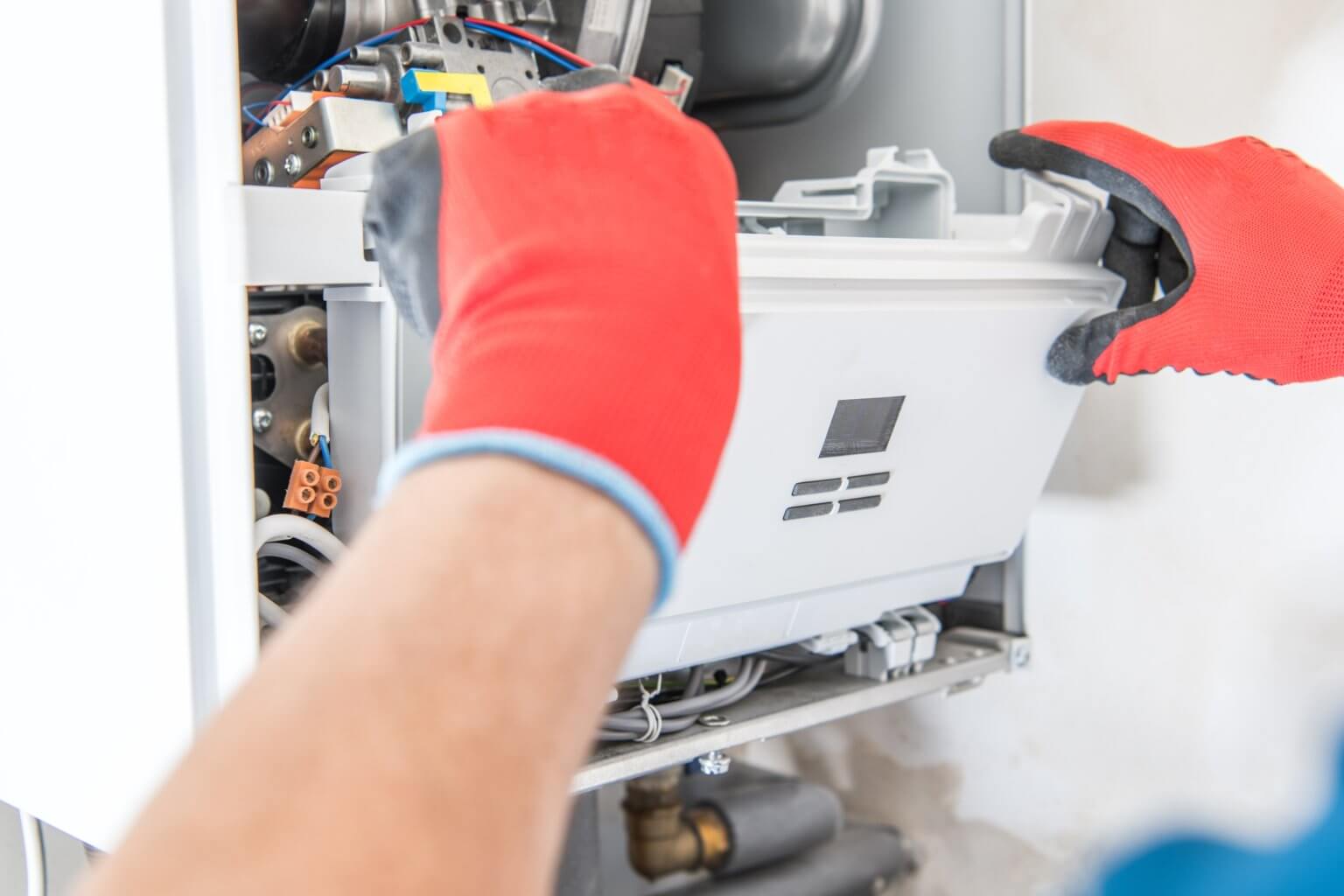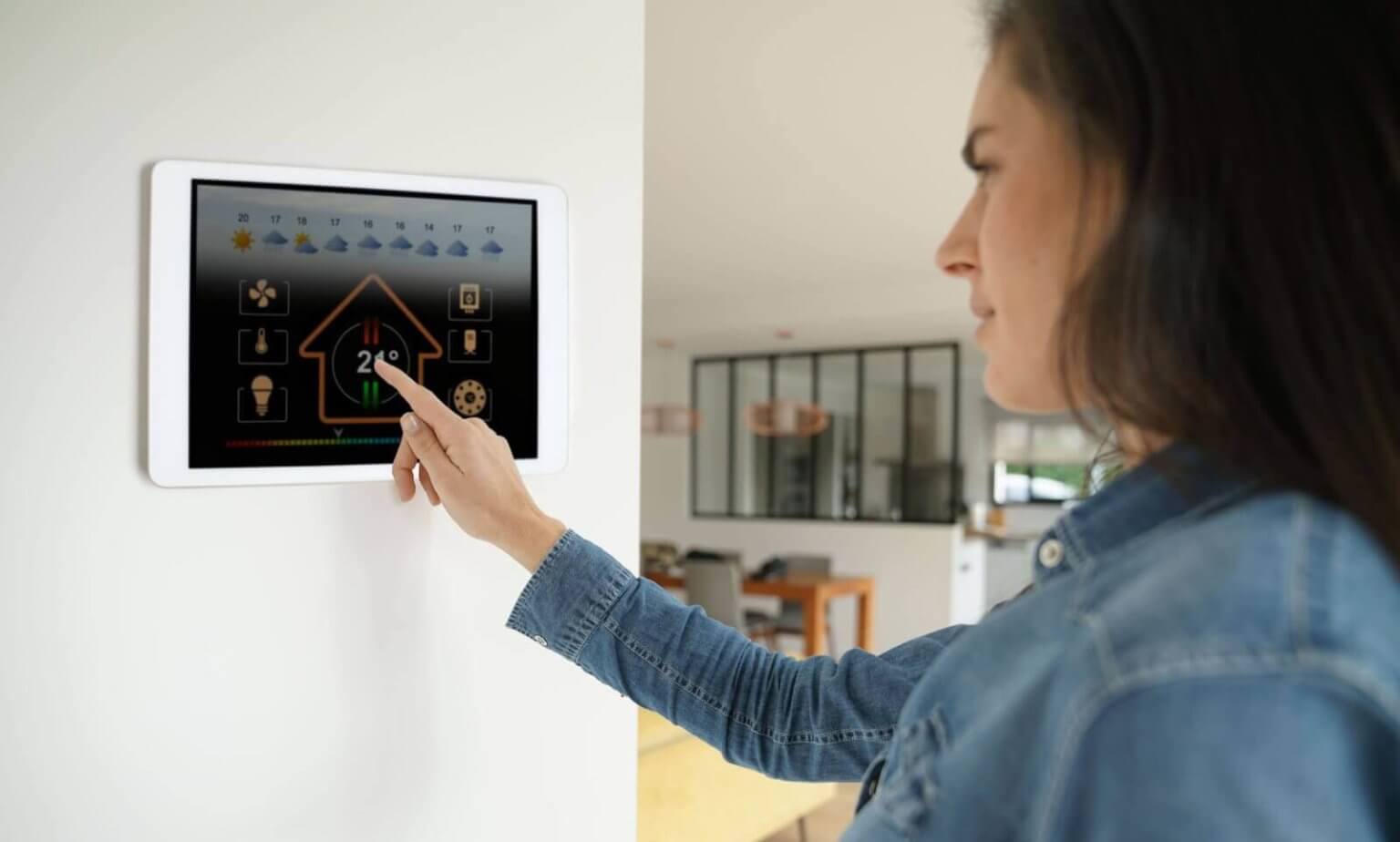What Is a HVAC Contractor?
Introduction to HVAC Contractors
When it comes to maintaining comfort in our homes and workplaces, few services are as crucial as heating, ventilation, and air conditioning—or HVAC. An HVAC contractor is essentially the expert you call upon when your heating or cooling system needs repair, maintenance, or installation. But what exactly does an HVAC contractor do? And why should you care about hiring a qualified one? In this detailed article, we’ll explore everything you need to know about HVAC contractors, ensuring you’re well-prepared for your next home project.
What Is a HVAC Contractor?
An HVAC contractor is a skilled professional who specializes in the installation, maintenance, and repair of heating, ventilation, and air conditioning systems. These contractors are trained to work with various types of equipment—from traditional furnaces and air conditioning units to modern smart thermostats and energy-efficient systems. They ensure that these systems operate efficiently and effectively while adhering to local codes and regulations.
The Importance of Hiring a Qualified HVAC Contractor
You might be thinking: “Why should I hire a qualified HVAC contractor instead of attempting a DIY fix?” Well, there are several compelling reasons:
Expertise: HVAC contractors undergo extensive training and certification processes to ensure they understand the complexities of different systems.
Safety: Working with gas lines or high-voltage electrical components can be dangerous if not handled properly.
Efficiency: A qualified contractor will help ensure your system operates at maximum efficiency, potentially saving you money on energy bills.
Warranty Protection: Many manufacturers require professional installation for warranties to remain valid.
Time-Saving: Hiring an expert means the job will be completed faster than if you attempted it yourself.
Types of HVAC Systems
Residential vs Commercial Systems
When discussing what is a HVAC contractor, it's important to differentiate between residential and commercial systems:
-
Residential Systems: Typically smaller and less complex than commercial systems; designed for single-family homes or small apartments.
-
Commercial Systems: Larger units that can handle greater demands; often involve multiple zones for different areas within commercial buildings.
Central Air Conditioning vs Ductless Systems
Central Air Conditioning: Utilizes ductwork to distribute cooled air throughout the building.
Ductless Mini-Split Systems: Offer flexibility by allowing individual room control without extensive ductwork.
The Services Provided by HVAC Contractors
Installation Services
One of the primary roles of an HVAC contractor is the installation of new systems. This includes:
- Assessing your home or business needs
- Recommending appropriate units
- Installing equipment according to manufacturer specifications
- Ensuring compliance with local building codes
Maintenance Services
Regular maintenance is essential for prolonging the life span of your heating and cooling systems:
- Routine inspections
- Cleaning components like filters and coils
- Checking refrigerant levels
- Evaluating system performance
Repair Services
Sometimes things go wrong—here’s where repair services come into play:
- Diagnosing issues quickly
- Providing cost-effective solutions
- Offering emergency repair services when needed
Choosing the Right HVAC Contractor
Licensing and Certification
Before hiring an HVAC contractor, always check their licensing status:
- Are they licensed in your state?
- Do they have any certifications from recognized organizations?
Experience Matters
Experience plays a crucial role in determining how well an HVAC contractor can perform their job:

The Cost of Hiring an HVAC Contractor
Understanding Pricing Structures
HVAC contractors typically use different pricing structures based on their services:
Factors Affecting Costs
Several factors can influence how much you’ll pay for HVAC services:
DIY vs Professional Work: When to Call an Expert?
While many homeowners may feel tempted to tackle minor issues themselves, it’s essential to know when it’s time to call in an expert:
FAQ Section
1. How do I find a reliable HVAC contractor?
Start by asking friends or family for recommendations, checking online reviews, and verifying licenses.
2. How often should I have my system serviced?
It’s generally recommended that you service your system at least once per year—preferably before peak usage seasons.
3. What are common signs that my HVAC system needs repairs?
Look out for unusual noises, inconsistent temperatures across rooms, increased energy bills, or strange smells coming from vents.
4. Can I install an HVAC system myself?
While some smaller tasks may be manageable as DIY projects, installing an entire system requires expertise due to safety concerns and local building codes.

5. What should I expect during an inspection?
During an inspection, the technician will check all components—including filters—evaluate performance metrics, identify potential issues early on, and provide recommendations.
6. Are there energy-efficient options available?
Absolutely! Many modern systems offer energy-efficient designs that can significantly reduce utility costs over time while providing better performance.
Conclusion
In conclusion, understanding what is a HVAC contractor involves recognizing their pivotal role in maintaining indoor comfort through efficient heating and cooling solutions tailored specifically to individual needs—whether it’s residential or commercial settings alike! From installations to repairs and routine maintenance checks; hiring a qualified professional not only ensures optimal operation but also safeguards your investment long-term!
As you navigate through choosing contractors wisely while keeping budgets aligned with quality service expectations—remember each element contributes towards making informed decisions that benefit both home comfort levels as well seasoncontrolhvac.com as financial peace-of-mind down-the-line! So don’t hesitate; reach out today!
This article serves as your comprehensive guide on understanding what is a HVAC contractor while emphasizing importance behind hiring professionals who truly know their craft—it’s all about keeping those cozy vibes flowing seamlessly!